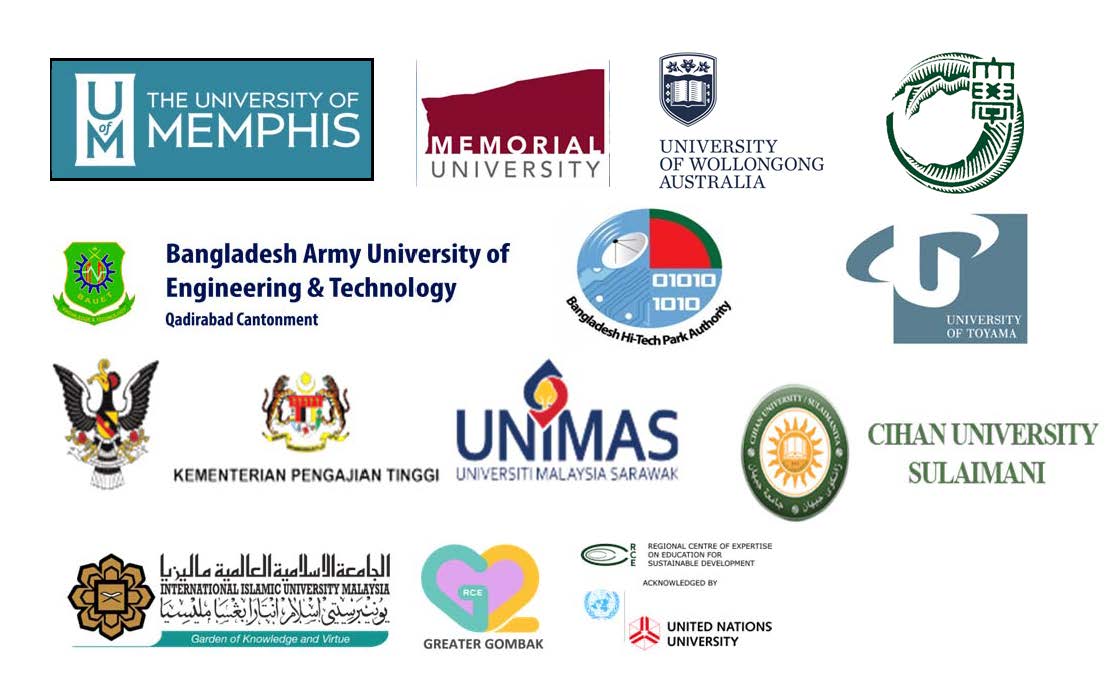Vision of the Department of Civil Engineering
The vision of the Department is to become a unique and a leading centre of higher learning, offering state of the art education, research facilities and training in technology to contribute in sustainable development in the field of Civil Engineering.
Mission of the Department of Civil Engineering
M1: To provide high quality state of the art education and knowledge in Civil Engineering, to produce graduates who are capable, thoughtful, ethical citizens of the world, distinguished by their knowledge, intellectual engagement, and professional skills, and by their commitment to life-long learning, innovation, and excellence through high quality and ethical teaching, research, capacity building, and community services.
M2: To produce graduates to become a critical thinker and problem solver based on a fundamental knowledge of humanities, social sciences, mathematics, science, engineering science and a broad range of civil engineering technical areas.
M3: To enable students in attaining required ethics with an attitude of entrepreneurial skills, ethical values and social consciences.
M4: To produce technically qualified Civil Engineers to become leaders of Civil and Construction Industries who are committed to attain a sustainable development for the betterment of society and nation.


